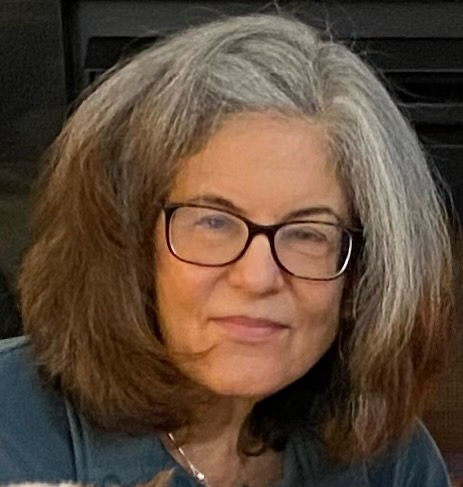The older we get, the more we experience loss. We lose competitions, we lose jobs, we lose friends, we lose loved ones--in the end, we lose everything. There is no escape.
Though losses come randomly, sometimes with devastating unpredictability,
we can learn to create new meaning if we grieve fully and allow the
body’s natural, self-righting processes to heal us. 
Whether you are mourning the end of a relationship or the loss of a loved one, it is natural to be full of feeling. For some of us, the feelings just seem to flow, for others, there is constriction--a clamping down or flattening out of the emotion. If we further dampen our feelings by masking or numbing them, telling ourselves that we can’t tolerate the pain, they can no longer guide us. Though we may have avoided our feelings for years, their energy is still available, ready to heal us whenever we are ready to work with our pain.
Instead of turning away, we can embrace our sorrow. End of life rituals and ceremonies are designed to help us with mourning. We talk about our loved one at a funeral, memorializing him or her in prayer and eulogy. But, after the formal mourning period ends, there is still much grieving to do. We doubt that we will ever feel happy again--life seems meaningless, the world strange and out of balance. Here, we need patience. Grieving is a process that takes time. It means that we honor all of our feelings by turning our attention to the sensations that flow through our body whenever they are there. We allow each wave of emotion to rise and fall and bring us closer to healing.
If you take a moment right now and bring your loss to mind, you might notice some sadness in your body. Sadness often feels like a lump in the throat, a heaviness in the chest, or pressure behind the eyes, as if you are about to cry. See if you can sit with your sadness until you feel some release. Be kind to yourself. Don’t judge your grief or pain. Let it be whatever it is. You may notice a mix of feelings--guilt and anger may be there as well. The more you cared about the person you have lost, the more intense the feelings are bound to be. Invite them in and get to know each one.
By denying or avoiding grief, we are at risk for developing anxiety, depression or psychosomatic illness. We may also find ourselves sabotaging new relationships by engaging in self-defeating behaviors that keep us from moving forward. If we never really say goodbye, we create a pathological type of mourning that stretches out indefinitely. We know in our heads that our loved one is not returning, but that is not enough.
As a therapist who has worked extensively with grief and loss, I can help as you face the final farewell. If you are someone who has moved away from your deepest grief, I will invite you to notice the ways you avoid feeling--some of which may not even be conscious. Together we will encourage you to move past your avoidance into your core feelings so that you can embrace the full meaning of your loss and let vitality and joy re-enter your life.

